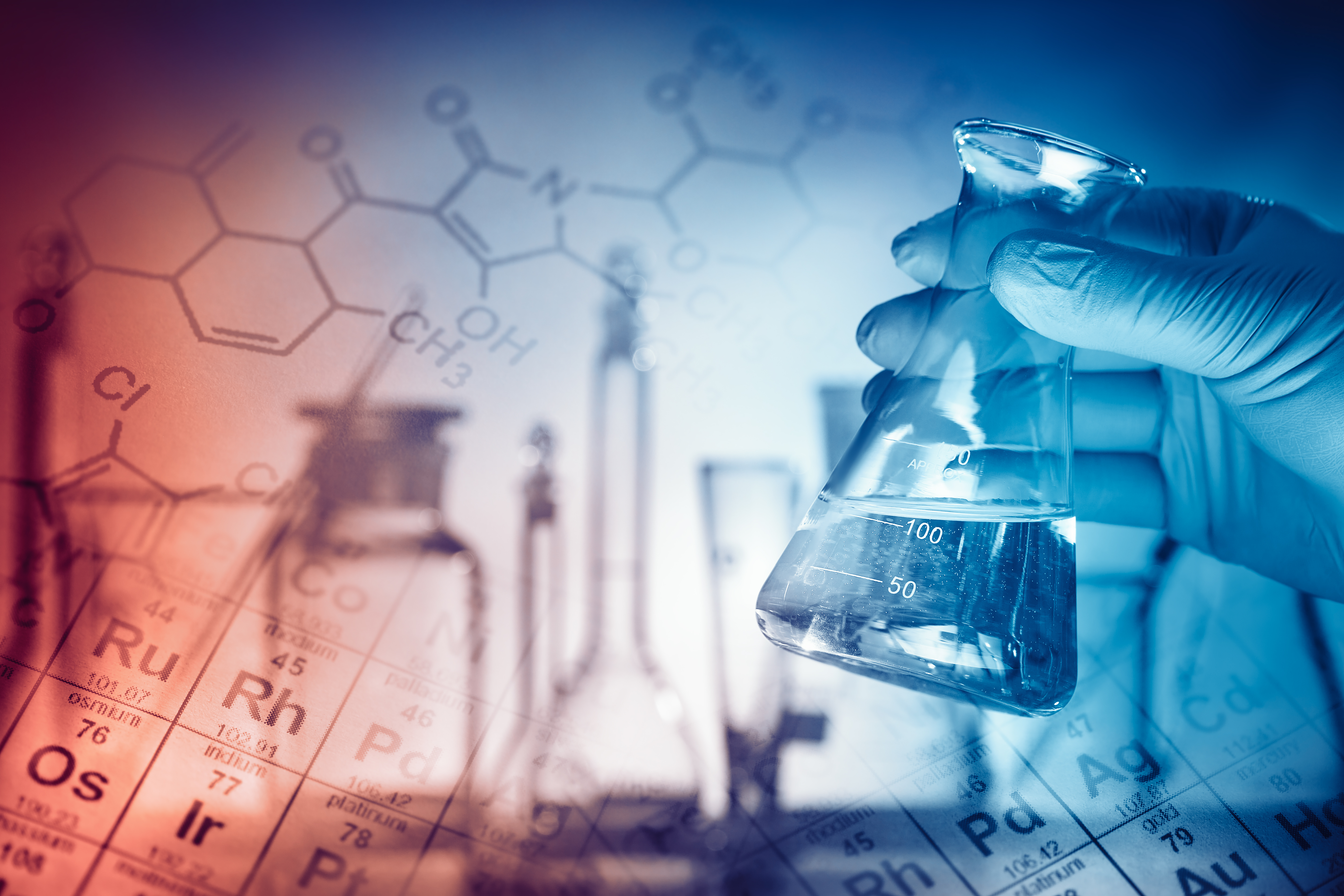AMENDMENT TO POLISH REGULATIONS – EASIER RULES TO FACILITATE THE CULTIVATION OF HEMP AND POPPY SEEDS

May 7, 2022 marked the introduction of the amendment to the Polish Act on Counteracting Drug Addiction. The amendments to the Polish regulations make it possible to cultivate non-fiber hemp, carried out in research institutes, in order to obtain the raw material intended for the preparation of drugs. The act also transfers the obligation to monitor the cultivation of poppy and fibrous hemp from local government authorities to the National Center for Agricultural Support.
The cultivation of hemp and poppy seeds in Poland is a controlled sector. The current legal status contains regulations according to which the producer and the buyer of poppy or hemp annually submitted an application, together with all the documentation, to the relevant authorities (mayors, city presidents) or voivodeship marshals for a decision authorizing the cultivation or purchase of poppy or fiber hemp. The new solutions abolish these requirements. To be able to grow hemp or poppy, one will only need to submit an application to the National Center for Agricultural Support. Additionally, on the basis of the current regulations, the voivodship parliament is responsible for determining the area of poppy and hemp. This solution had a limiting effect on the cultivation area and the development opportunities of the national bioeconomy. The new regulations abolish this obligation. In addition, the catalog of destination and purposes for which poppy or industrial hemp can be used is to be expanded.
The new act transfers the obligation to monitor the cultivation of poppy and fibrous hemp from commune heads (mayors, city presidents) competent for the location of the cultivation to the National Center for Agricultural Support. It is proposed that purchase monitoring should also be carried out by the National Center for Agricultural Support (currently the monitoring of purchase is carried out by marshal offices). Entities that will grow poppy or industrial hemp will be entered in the register kept by the director of the appropriate local branch of the National Center for Agricultural Support. In addition, the act will include a provision obliging the National Center for Agricultural Support to carry out inspections of poppy or hemp producers and buyers, control of information contained in applications and control of poppy and fiber hemp cultivation.
The new regulations stipulate that checks must be performed on at least 10 percent of poppy producers and 10 percent of hemp producers in a given harvest year.
The cultivation of poppy and hemp can be carried out for the following purposes: energy, veterinary, fodder, composite materials, reclamation, beekeeping, fertilizing, as natural plant protection products. In addition, the project proposes that poppy and industrial hemp could also be grown for own needs, scientific and research purposes, and for the cultivation of new varieties of poppy and fiber hemp.
- KIELTYKA GLADKOWSKI IS EXPANDING ITS TEAM FOR PROTECTION OF FOREIGN CREDITORS OF POLISH COMPANIES IN THE M&A PROCEDURES FOR A) "SHIPPING" THE DEBTS OF A DIVIDED COMPANY TO ANOTHER COMPANY INTENDED FOR BANKRUPTCY AND B) IN CASES OF CREATING A PROFIT CENTER AND A LOSS CENTER. EXAMPLE VALUE 2 MILLION / 10 MILLION DOLLARS Artykuł […]
- Satellite as a Service – legal aspects Artykuł Satellite as a Service – legal aspects pochodzi z serwisu KIELTYKA GLADKOWSKI LEGAL | CROSS BORDER POLISH LAW FIRM RANKED IN THE LEGAL 500 EMEA SINCE 2019.
- The lawyers of KIELTYKA GLADKOWSKI had the honour to meet personally the representatives of the World Justice Project at their headquarters in Washington DC. Artykuł The lawyers of KIELTYKA GLADKOWSKI had the honour to meet personally the representatives of the World Justice Project at their headquarters in Washington DC. pochodzi z serwisu KIELTYKA GLADKOWSKI LEGAL […]
- Introductory event to the 10th Anniversary Meeting of BioLaw Europe FmbA Artykuł Introductory event to the 10th Anniversary Meeting of BioLaw Europe FmbA pochodzi z serwisu KIELTYKA GLADKOWSKI LEGAL | CROSS BORDER POLISH LAW FIRM RANKED IN THE LEGAL 500 EMEA SINCE 2019.
- The lawyers of KIELTYKA GLADKOWSKI KG LEGAL had the honour to participate in the 10th Anniversary Meeting of the BioLaw Europe organization in Copenhagen, Denmark, on 23-25 May 2024. Artykuł The lawyers of KIELTYKA GLADKOWSKI KG LEGAL had the honour to participate in the 10th Anniversary Meeting of the BioLaw Europe organization in Copenhagen, Denmark, […]
- VISITING THE DANISH PARLIAMENT BY THE LAWYERS OF BIOLAW EUROPE Artykuł VISITING THE DANISH PARLIAMENT BY THE LAWYERS OF BIOLAW EUROPE pochodzi z serwisu KIELTYKA GLADKOWSKI LEGAL | CROSS BORDER POLISH LAW FIRM RANKED IN THE LEGAL 500 EMEA SINCE 2019.
- Publication date: May 31, 2024 Kiełtyka Gładkowski KG LEGAL’s lawyers took part in a discussion panel organized by the first consul of the Italian Embassy in Washington D.C., whose tasks include the coordination of Italian diplomatic missions throughout the USA. The Italian embassy is a diplomatic mission that is also a contact platform with European […]
- Publication date: May 29, 2024 Meeting with Mexican diplomacy in Washington. As a part of the multi-day conference of the international section of the American Bar Association, the conference committee organized a special meeting for lawyers with Mexican diplomatic representatives in Washington. Thanks to the involvement of the conference organizers, KIEŁTYKA GŁADKOWSKI lawyers listened to […]
- A visit to the diplomatic mission of Indonesia in Washington D.C., in the building of the owner of the Hope diamond – the prototype of one of the motifs of the film "Titanic". Artykuł A visit to the diplomatic mission of Indonesia in Washington D.C., in the building of the owner of the Hope diamond […]
- The Keynote Panel in the French Embassy Theater in Washington D.C. Artykuł The Keynote Panel in the French Embassy Theater in Washington D.C. pochodzi z serwisu KIELTYKA GLADKOWSKI LEGAL | CROSS BORDER POLISH LAW FIRM RANKED IN THE LEGAL 500 EMEA SINCE 2019.
